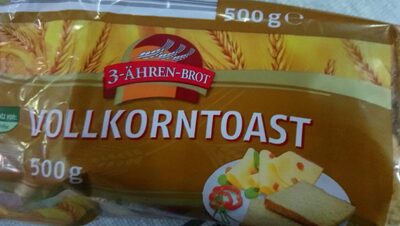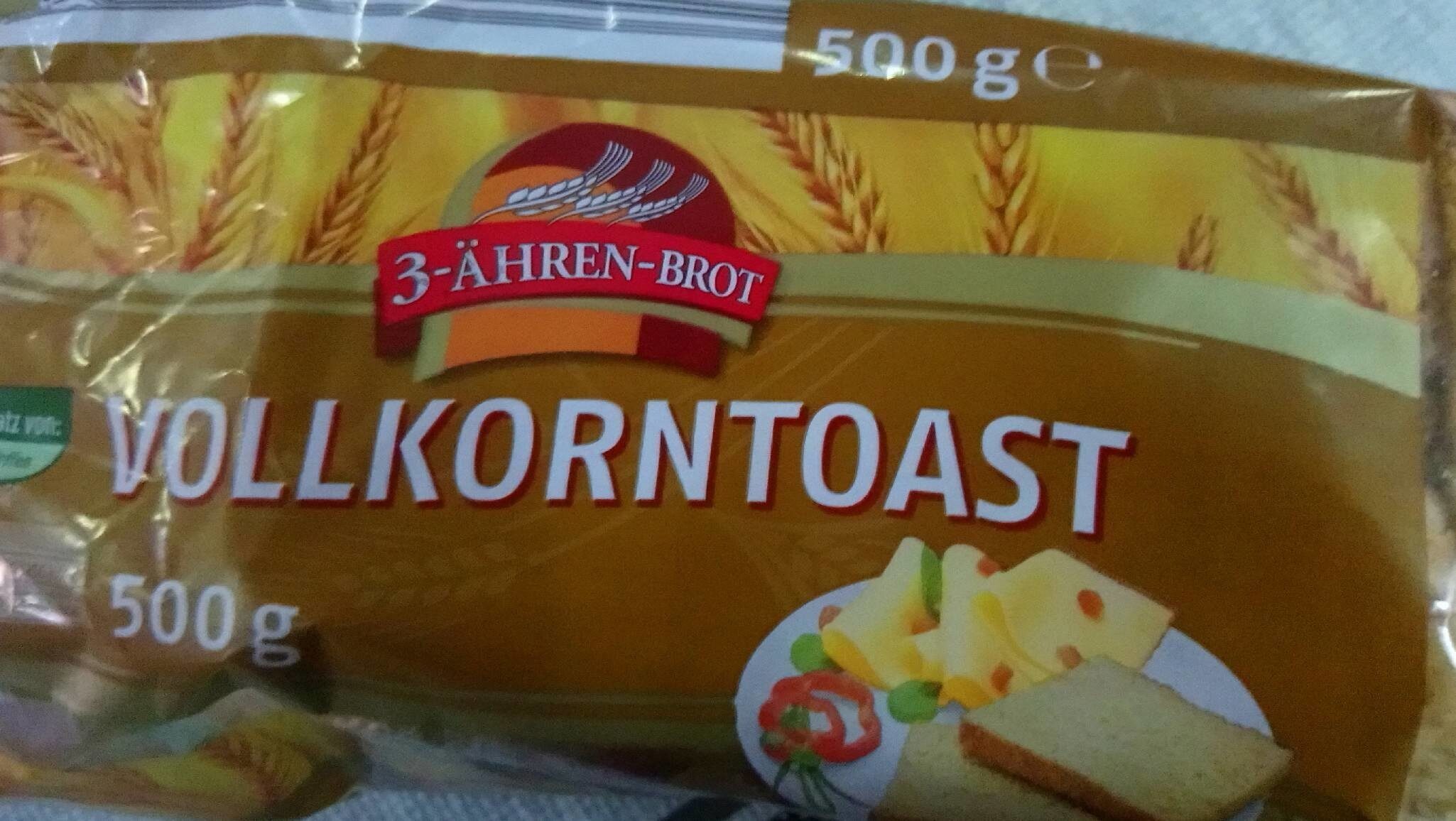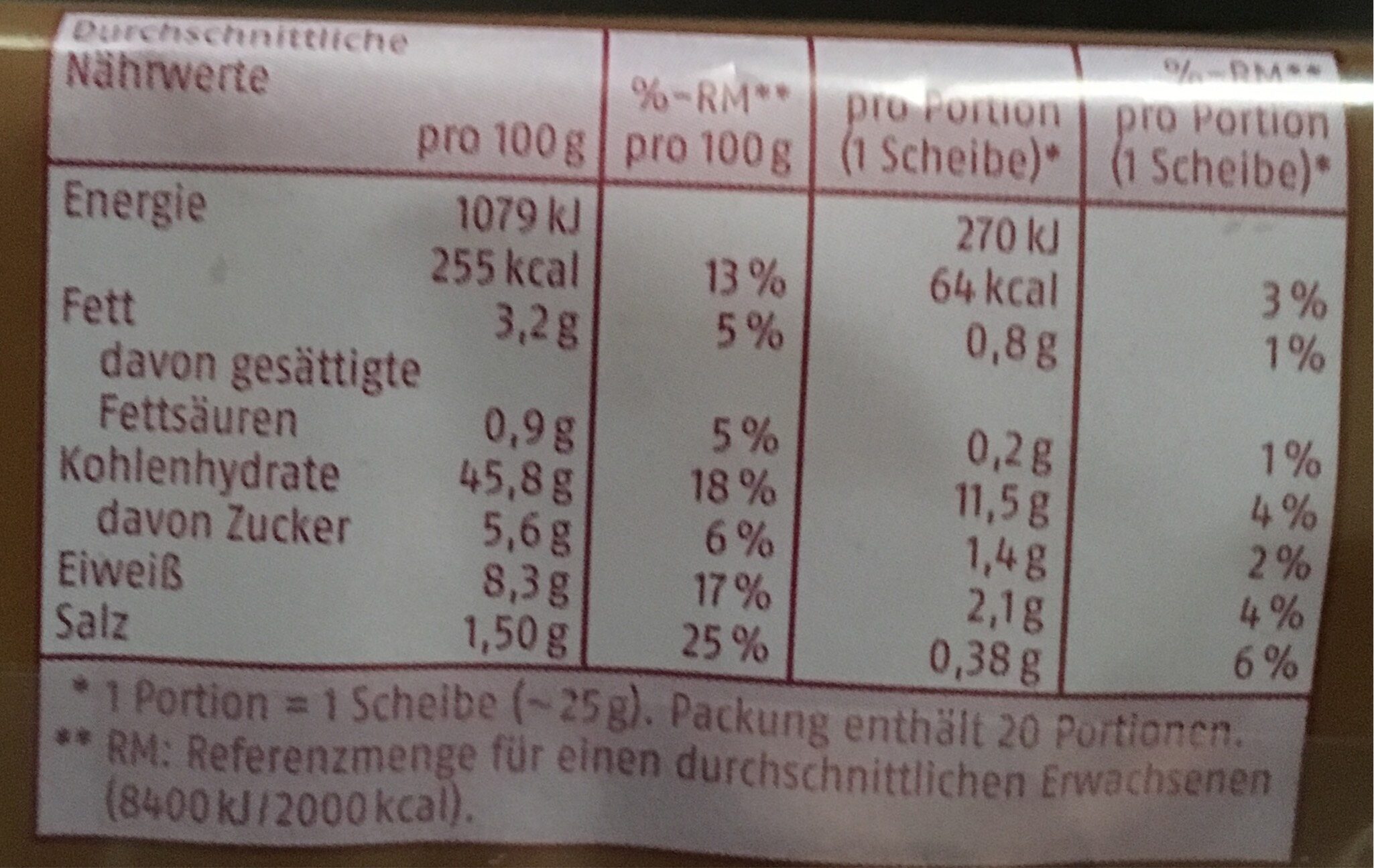3 Korn Toastbrot - 3-Ähren-Brot - 500 g
Ambiguous barcode: This product has a Restricted Circulation Number barcode for products within a company. This means that different producers and stores can use the same barcode for different products.
×
This product page is not complete. You can help to complete it by editing it and adding more data from the photos we have, or by taking more photos using the app for Android or iPhone/iPad. Thank you!
×
Barcode: 27189313
Quantity: 500 g
Brands: 3-Ähren-Brot
Categories: Plant-based foods and beverages, Plant-based foods, Cereals and potatoes, Breads, Toasts
Countries where sold: Germany
Matching with your preferences
Environment
Carbon footprint
Packaging
Transportation
Report a problem
Data sources
Product added on by kiliweb
Last edit of product page on by packbot.
Product page also edited by autorotate-bot, date-limite-app, hungergames, inf, mahlzahn, openfoodfacts-contributors, roboto-app, stivolonski, tacite-mass-editor, yuka.VDROZk42OCtqL3RRcDlvUDVqL1J4UDFNNDhIMlcyeUhlODlKSVE9PQ, yuka.YXF3UExiWWN1dklsbHNFdjlDL01vTngxN3AzeWNFbTdKZmdXSWc9PQ.
If the data is incomplete or incorrect, you can complete or correct it by editing this page.










